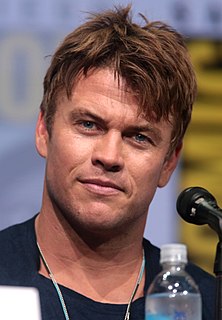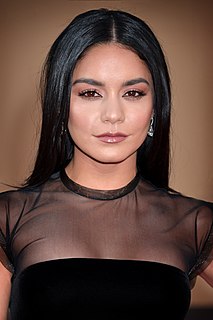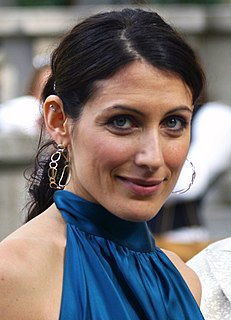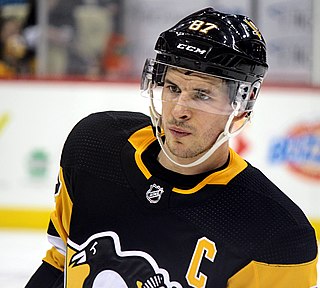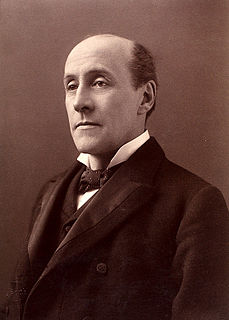A Quote by Samuel Alito
I know from my own experience as a parent that parents probably teach most powerfully not through their words but through their deeds. And my parents taught me through the stories of their lives. And I don't take any credit for the things that they did or the things that they experienced, but they made a great impression on me.
Related Quotes
Superior leaders get things done with very little motion. They impart instruction not through many words, but through a few deeds. They keep informed about everything but interfere hardly at all. They are catalysts, and though things would not get done as well if they were not there, when they succeed they take no credit. And, because they take no credit, credit never leaves them.
At a certain age your parents seem like the most embarrassing thing on the whole entire planet, and you want to be nowhere near them. But at the end of the day, you know that you can't literally do anything without them. You love your parents through and through, and they love you probably even more than you could ever imagine until you're a parent yourself.
I remember my parents yelling at each other and at me from an early age, and I remember a lot of things smashing. I try to look for the happy memories from the brief time my parents were married, and I can't really recall that. From the start things were messed up, and I just kept moving through the years and trying to pick out the little bits of evidence that would help me prove to myself that it wasn't my doing. But it took finding out somebody really does love me, who's not my parents or a relative, to really know that I was loveable.
The biggest thing for me is the passion that I've always had for hockey. I remember growing up, no matter what I did in life, my parents always told me to try to do my best at it and be my best. I can say going through different things that passion is the most important part. It's not skills or talent or any of that stuff.
The biggest thing for me is the passion that I've always had for hockey. I remember growing up, no matter what I did in life, my parents always told me to try to do my best at it and be my best. I can say going through different things that that passion is the most important part. It's not skills or talent or any of that stuff.
My parents have been very supportive, in fact, it was my mother who identified that what I was going through was actually depression. My family and friends never let me feel as if something was wrong with me. They made me feel that what I was going through was okay. They supported my decision to take medication for depression.
My father was a world-class scientist and my mother was a prolific painter. I could see that my parents had completely different ways of knowing and understanding the world, and relating to it. My father approached things through scientific inquiry and exploration, while my mother experienced things through her emotions and senses.
In the deep, unwritten wisdom of life there are many things to be learned that cannot be taught. We never know them by hearing them spoken, but we grow into them by experience and recognize them through understanding. Understanding is a great experience in itself, but it does not come through instruction.
The song that I will sing is an old song, so old that none knows who made it. It has been handed down through generations and was taught to me when I was but a little lad. It is now my own song. It belongs to me. This is a holy song (medicine-song), and great is its power. The song tells how, as I sing, I go through the air to a holy place where Yusun (The Supreme Being) will give me power to do wonderful things. I am surrounded by little clouds, and as I go through the air I change, becoming spirit only.
What it means to be a man is to take on all the emotional pain and work through what you got to work through with the people you love while at the same time getting your business done. And it's tough. I think that most children when they grow up they kind of realize that the things they didn't like about their parents or didn't understand about them they get now and that you know every year you get more responsibilities. You get more overhead. You get more things you got to take care off.
'Our parents' generation had it a lot tougher than we did. They had to live through the Depression, World War II, and then they had to, you know, try to pick up the pieces of their lives and bring up their children. And, it was a great example for us. I guess we grew up with a certain amount of the ethics our parents had, which is, you know: work hard, make your own way, be independent.


